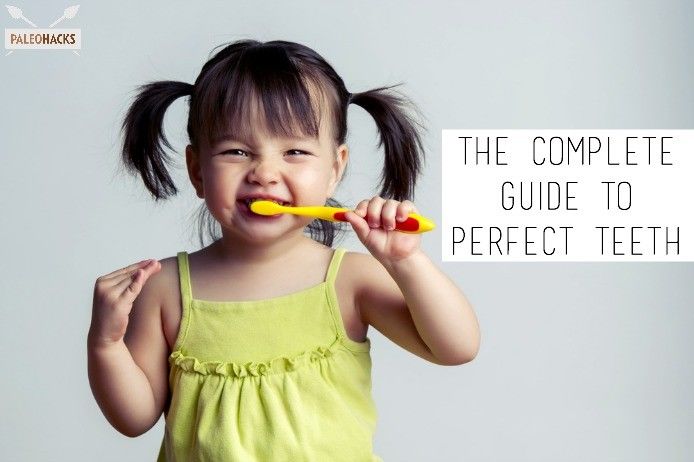Did you know that one of the major contributors to a SLOW metabolism is the overconsumption of whole grains, even foods praised as being “high in fiber” such as:
1. 100% Whole Wheat or Brown Bread
2. Whole Grain Pasta
3. Bran flakes and other Wheat-based “Fiber” Cereals, and…
4. Whole Wheat Tortillas and Wraps
Despite having more fiber than their “white” counterparts, these 4 high-fiber foods destroy our blood sugar and give rapid rise to the fat-storing hormone insulin. In fact, believe it or not, two slices of whole wheat bread raise blood sugar far higher than a can of sugar-sweetened soda or even a sugary candy bar. This is because the wheat of today is nothing like the wheat of generations ago, having been genetically modified by the food industry, mutated, and exposed to industrial toxins and radiation to force an unnatural higher yield at the expense of our health.
These harmful wheat products, although praised by food manufacturers as healthy for their fiber and “whole grain” content, are a major cause of the raging obesity epidemic today. Even more, because they are so rapidly digested, these foods provide virtually no metabolic benefit during digestion. Even if the loaf claims to be ‘multigrain’. Because it usually is just a few grains of oats and seeds sprinkled on top, not really altering the nutritional profile.
In fact, often the ‘Brown Bread’ is nothing but white bread colored brown with molasses or, even worse, chemical colors!
On the other hand, protein boosts metabolism and burns up to 30% of the calories we eat just during the digestion process, not to mention the fat-burning hormonal benefits of eating less wheat and more protein. So by swapping toxic wheat for fat-burning protein starting today, we can do wonders for our metabolism and our waistline to boot!
Be Informed. Be Healthy.









